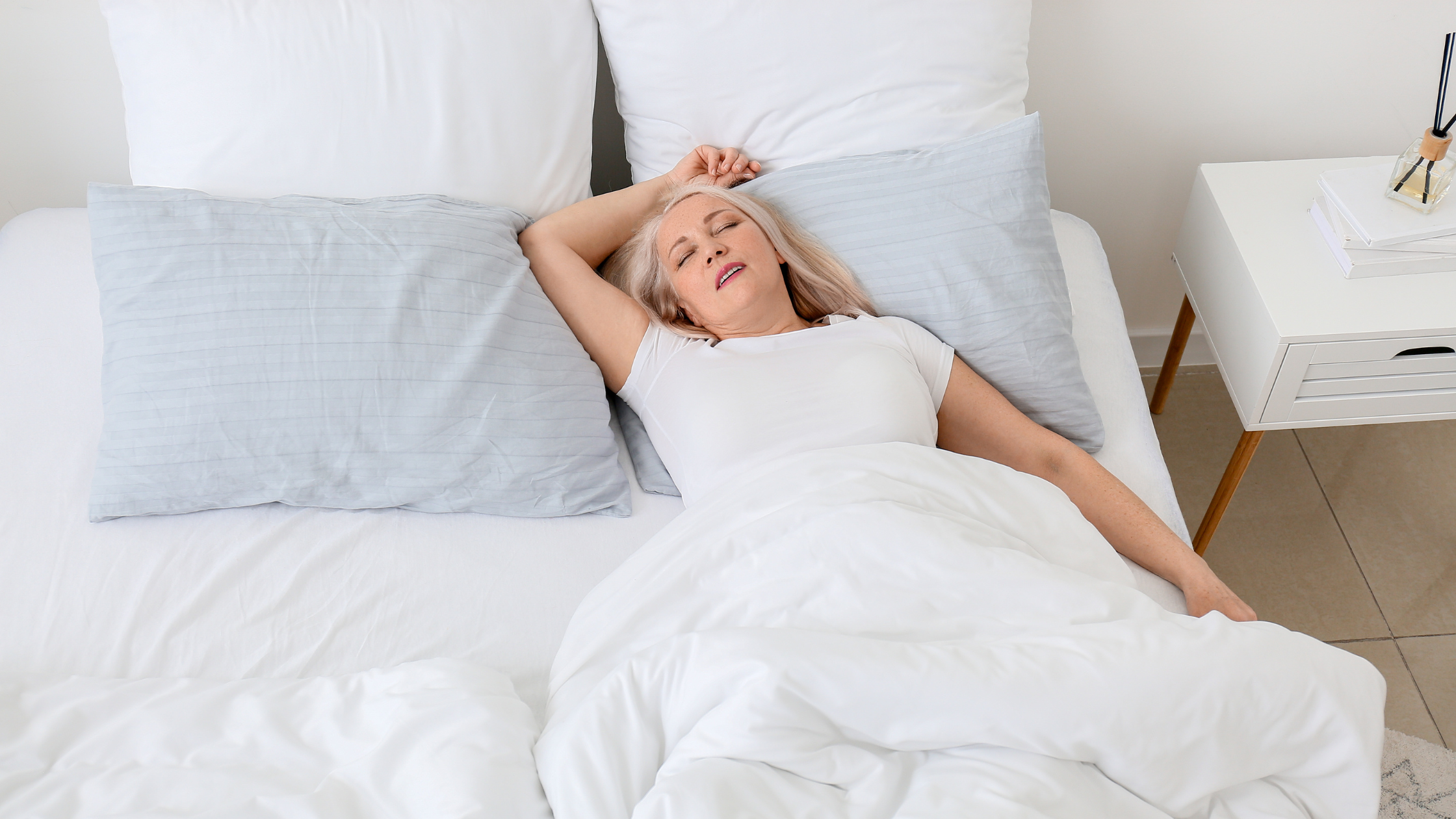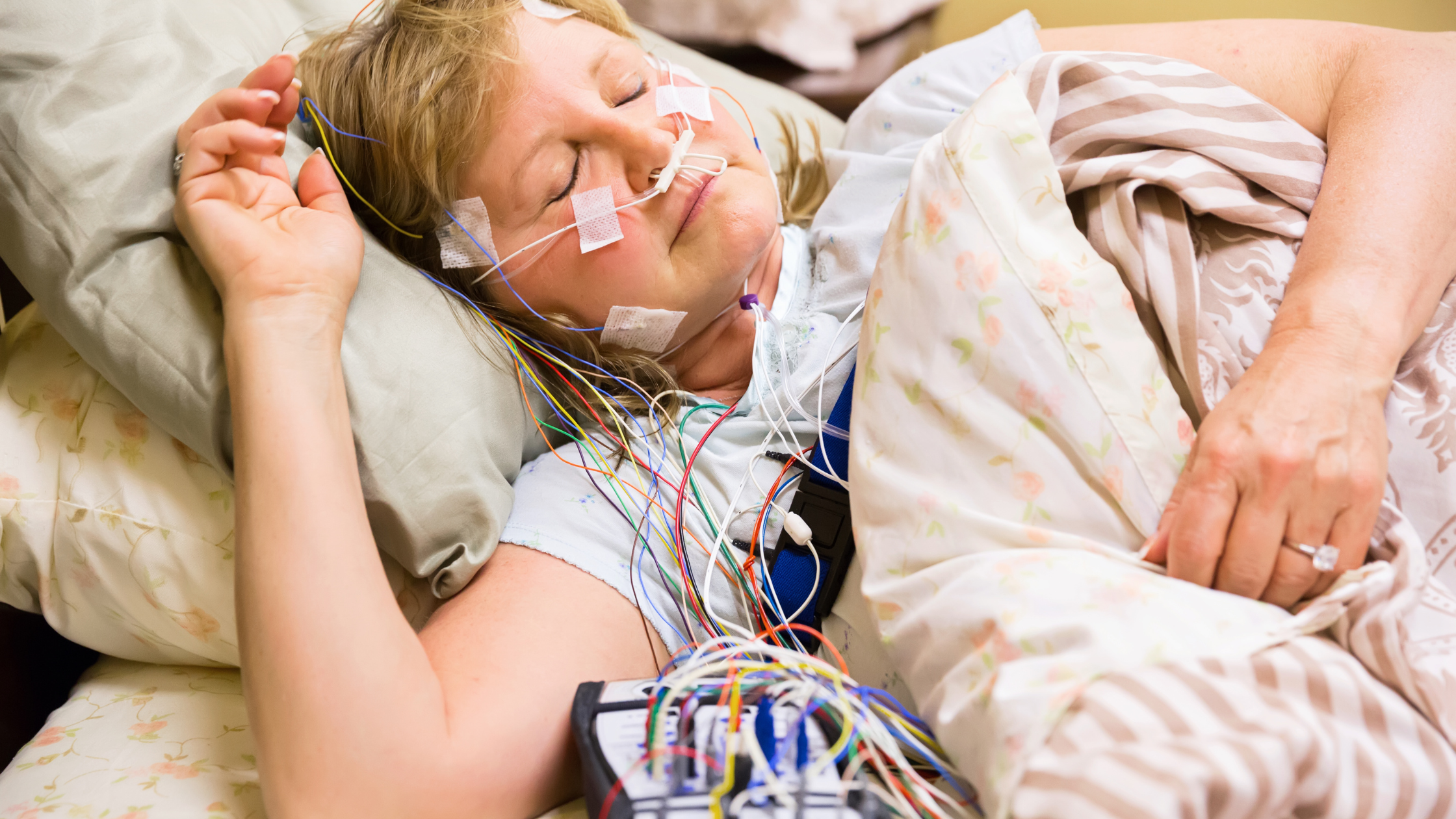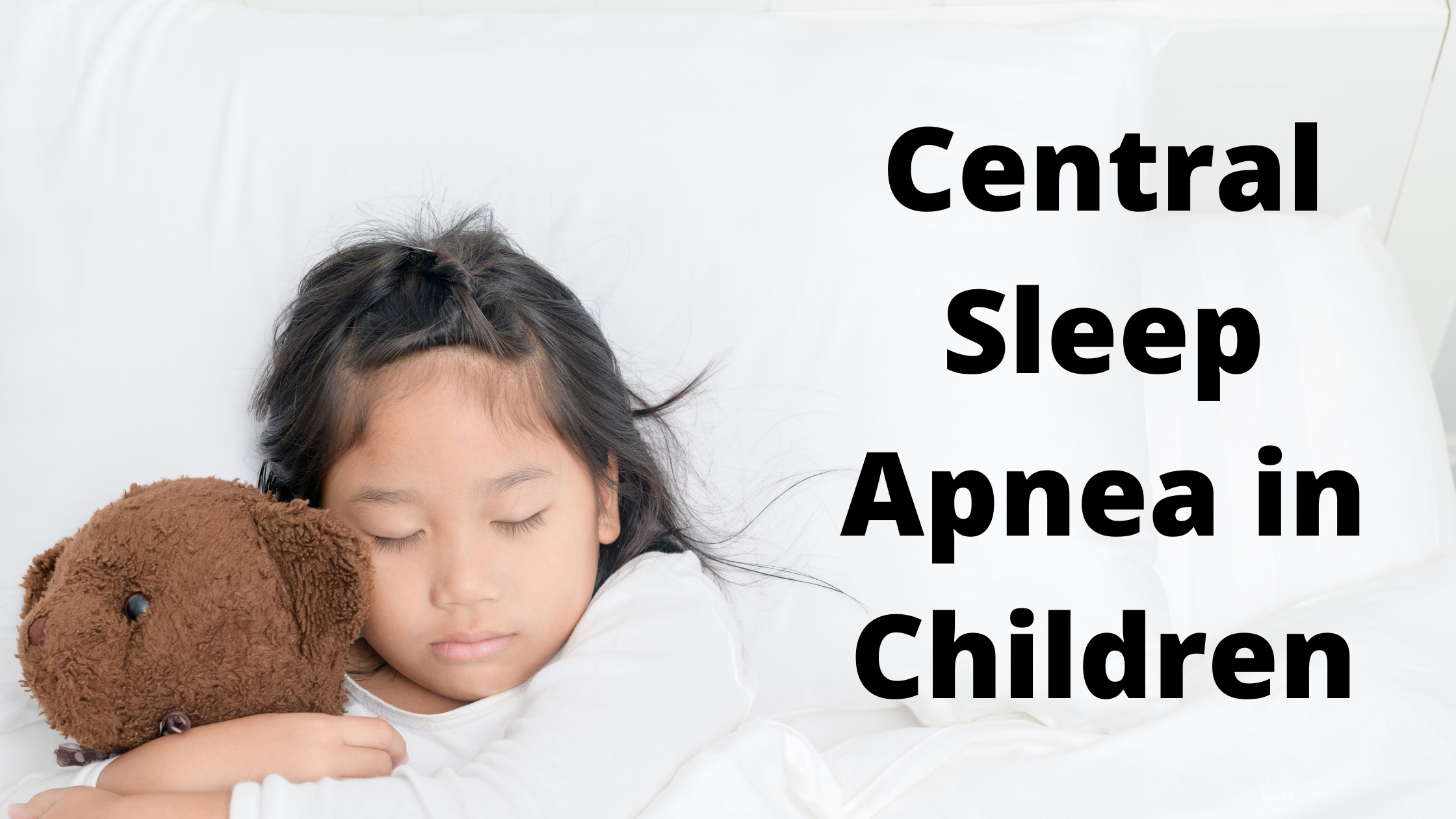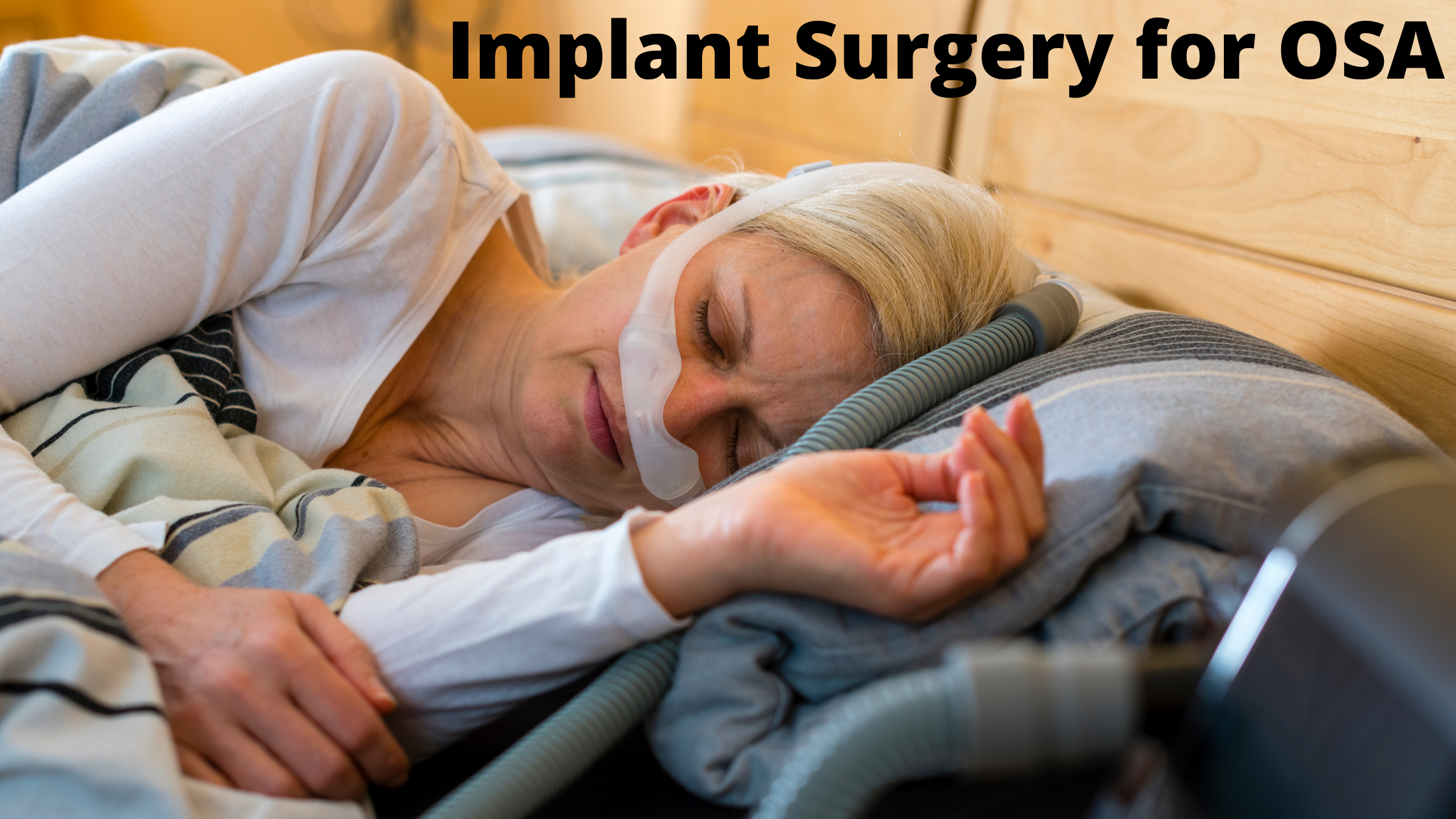Sleep apnea is a common yet often undiagnosed sleep disorder that affects people of all genders and ages. While it is widely known that sleep apnea predominantly affects men, women are not immune to this condition. In fact, sleep apnea in women is more prevalent than commonly believed. This blog post aims to shed light on the unique challenges women face when dealing with sleep apnea, exploring its causes, symptoms, and the importance of timely diagnosis and treatment.
Home Sleep Apnea Tests: Everything You Need to Know
Sleep apnea is a very common sleep disorder in the United States. About 24 million people live with symptoms of sleep apnea without knowing that they have it. There are many individuals who will only be able to get diagnosed with an at-home sleep apnea test as they won't have access to a sleep center that does them.
Obstructive sleep apnea is a condition where the muscles in the back of the throat relax, blocking the airway during exhalation. The body must then wake up briefly to begin breathing again. These awakenings are often unrecognized by the sleeper, but may be heard by bed partners or observers who witness the chocking, coughing, and snoring associated with sleep apnea. The sleeper may feel excessively tired during the day, have headaches, and find it hard to stay awake, but be unsure why.
Treating OSA can help relieve some of these symptoms, but also prevent the development of many serious diseases like obesity, diabetes, cardiovascular disease, and high blood pressure. This is why diagnosing and treatment are extremely important. Continue reading to learn more about at-home apnea tests.
Obstructive sleep apnea is a sleep-related breathing disorder in which the back of the throat collapses, blocking the airway. This leads to multiple cessations of breathing throughout the day, that requires the body to wake up momentarily to begin breathing again. These pauses are known as apneic events, and one can experience several hundred of these a night.
The impact of this disease is poor sleep, chronic sleep deprivation, weight gain, metabolic syndrome, heart disease, and just an overall poor quality of life. The gold standard for treating sleep apnea is continuous positive airway pressure, or CPAP. This therapy is a machine that blows air into your lungs when you exhale to keep the tissues from relaxing.
The CPAP machine can be uncomfortable, requires a lot of maintenance to keep it clean and sanitized, and often can be a bit cumbersome. Therefore, there are alternatives to using a CPAP machine, like surgery. There are various surgeries to improve your sleep apnea, but the decision to have surgery comes with more risks that moderate treatment. Continue reading to learn more about surgery for sleep apnea, and what exactly that may entail. After reading this article, you may have more information for a clear conversation with your doctor about what the best move is for you.
Obstructive sleep apnea (OSA) is a common sleep disorder. It involves several episodes of apnea throughout the night, or episodes of complete cessation in breathing. To receive this diagnosis, one must undergo a sleep study where one of the parameters is apnea-hypopnea index, or AHI. It's important to understand what this is and what is measures so you're more knowledgeable about your sleep study results.
At night are supposed to breathe anywhere from 12-20 times per minute. When we breathe less than that rte, our brain does not receive the appropriate amount of oxygen that it needs. These breaths need to be deep and filling our lungs about 6 liters, which is the average volume of air in our lungs following an inhalation.
When we have a really shallow breathing episode, that is called hypopnea. Any time we breathe slower than what we are supposed to, that is called bradypnea. Both of these put our bodies at risk for receiving a suboptimal amount of oxygen at night. Too many episodes of hypopnea mixed with apnea - episodes of complete cessation of breathing - can lead to a diagnosis of sleep apnea.
Sleep apnea is a serious sleeping disorder that requires immediate treatment to avoid long-term sequelae. Continue reading to learn more about hypopnea, and determine if you need further work up for your sleep challenges.
Apnea is the term for brief pauses in breathing. In children, these events can be common, and very scary for parents. It's important to know common causes of apnea in children, so parents and practitioners know when to be concerned, and when not to be. Pauses in breathing, cyanosis (turning blue), unresponsiveness, are all signs to look out for and can determine the severity of the issue. Here are possible causes of apnea in children and neonates.
Anxiety and sleep apnea are two distinct disorders that can have a connection, making both of them worse. Sleep apnea is a common medical condition that causes you to stop breathing momentarily throughout the night. Your body has to wake up in order to begin breathing again. The cessation is normally caused by a blockage in airway caused by relaxed muscles or a large tongue.
Anxiety is a mental health disorder that involves excessive worry and fear over rational and irrational causes. Anxiety can be debilitating and interfere with individuals' ability to live life.
Both anxiety and sleep apnea are able to disrupt sleep and cause major sleep deprivation. Sleep deprivation, can inturn, make both of those conditions worse. The entire situation is a terrible spiral, that if well-controlled, can truly lead to a much better quality of sleep.
Continue reading to find out more about this connection, and how you can overcome this.
Sleep apnea is a common sleeping disorder that involves brief cessation in breathing called apneas. These apneic events can be due to an obstruction (the most common) or a brain stem disorder (central sleep apnea). Although these brief pauses only last for a few seconds, they are still quite concerning to bed partners and are detrimental to your health.
In this article, we are going to talk about arrhythmias and their connection with sleep apnea. Arrhythmias are just one of the ways that sleep apnea can negatively affect one's health. Although one of the lesser known causes of arrhythmias, they are serious enough that any risk factors must be addressed as soon as possible. Continue reading for more information.
Sleep apnea occurs when one stops breathing throughout the night, taking small pauses, and then begins gasping for air to begin breathing again. It can be very disruptive to one's sleep, and very concerning for those who observe this sleep pattern. Sleep apnea can be divided into central (CSA) and obstructive (OSA). Obstructive occurs when something in the back of the throat prevents one from breathing. Those who are overweight, have a wide neck, and males are at increased risk for developing OSA.
CSA can be a bit more alarming because it's an issue with the brain, and not with the muscles in the back of the neck. We are going to talk about CSA in children, and what are appropriate treatment steps.
Obstructive sleep apnea (OSA) is a sleep disorder in which breathing frequently stops throughout the night. It happens because your upper airway muscles relax and block airflow. Your body is required to wake up to begin breathing again, which can disrupt your sleep. These awakenings are often subconscious, so you wake up tired, but unsure why.






